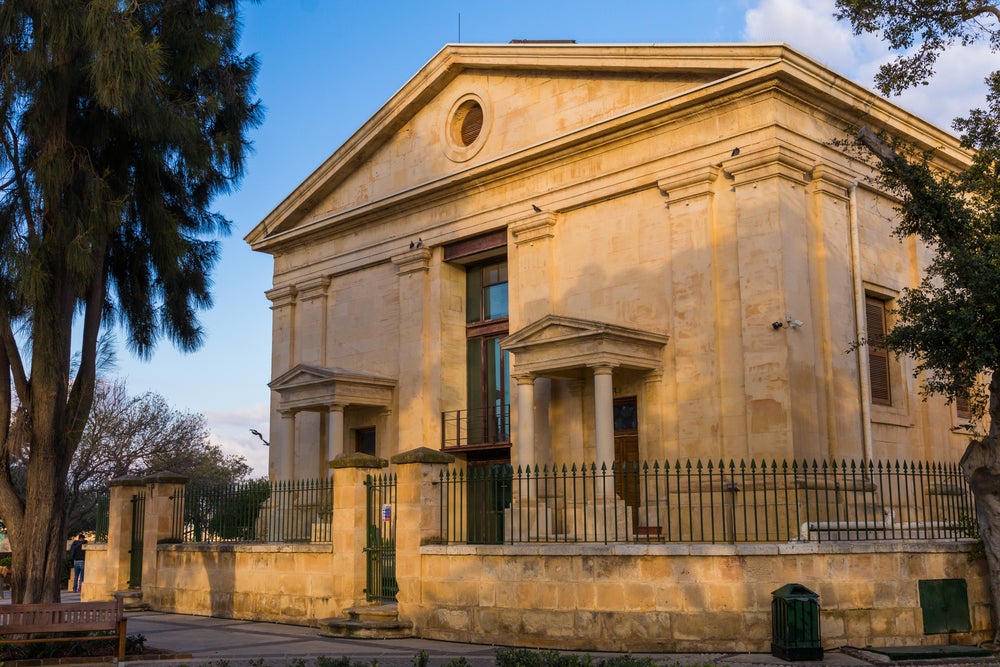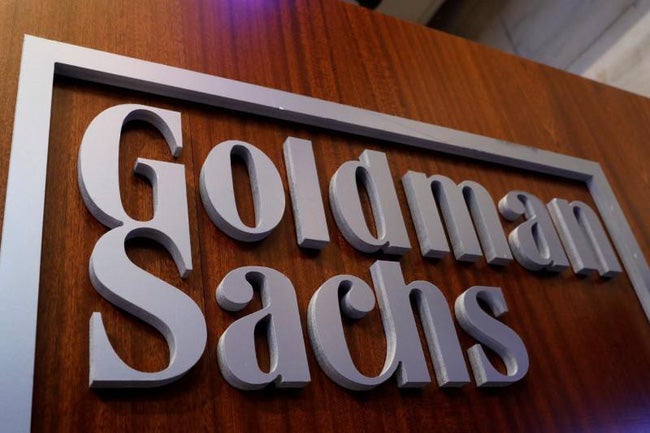Tokenisation will transform capital markets in Europe for investors and companies alike, writes executive chairman of the Malta Stock Exchange, Joseph Portelli
As the Chairman of a European stock exchange you might not expect me to highlight the financial downsides of taking your company public, including the cost. Anything from 7-10% of an IPO can get eaten up by adviser fees- for underwriters, lawyers, accountants, brokers and PR.
For larger PLCs looking to tap a deep pool of international liquidity that can make sense. For smaller companies it makes for an expensive endeavour. As a result, fewer companies are coming to market.
At the same time, a wall of private equity money that needs to be put to work means many listed companies are being taken private or swallowed up by M&A.
The results of these two trends are clear to see. The number of public companies has been steadily diminishing. There were approximately 3,600 listed firms in the US as at the end of 2017, a decline of more than 50% over the last ten years.
I will call this out for what it is: a weakening of democracy in modern capitalism. Ordinary investors, even high net worth investors, are being shut out of investment opportunities and the healthy investment returns they can generate. In a low yield environment and with people living longer, that makes it even harder to plan for retirement or to accumulate wealth for the next generation.
How well do you really know your competitors?
Access the most comprehensive Company Profiles on the market, powered by GlobalData. Save hours of research. Gain competitive edge.

Thank you!
Your download email will arrive shortly
Not ready to buy yet? Download a free sample
We are confident about the unique quality of our Company Profiles. However, we want you to make the most beneficial decision for your business, so we offer a free sample that you can download by submitting the below form
By GlobalDataCrowdfunding has provided some respite by offering interesting opportunities for sophisticated investors that would previously have been the reserve of VC funds and angel investors. At the same time, crowdfunding has provided an alternative source of finance for promising companies and their founders, without them having to cede control to a single investor. By pairing yield-hungry investors with capital-starved start-ups, crowdfunding platforms such as Seedrs and Crowdcube have helped to raise hundreds of millions of pounds for growth companies.
Now blockchain promises to massively expand this fundraising method through tokenisation. This involves creating digital shares in companies to sell to investors. These so-called ‘equity tokens’ offer the same rights and protections that ordinary shares provide – including dividend, voting and ownership rights – precisely because they are regulated. Indeed, earlier this year the UK’s FCA approved the first STOs or ‘security token offerings’.
Building and managing security tokens with blockchain technology is a faster and cheaper way to raise money. Post a fund-raiser, it also promises lower administration and management costs for both companies and their investors. And there are other important advantages over traditional crowdfunding, not least the transnational aspect of this nascent market, which allows entrepreneurs to tap a wider, deeper pool of international capital.
For investors, the ultimate holy grail will be the development of a viable, secondary market for these tokens. I can see that happening either by leveraging the existing exchange ecosystem, or through the establishment of standalone token exchanges. This last solution could see the development of a cross-border network of trading venues where tokens can be bought or sold, any time of day, and day of the year, offering deep liquidity for both companies and investors.
I’m pleased to say that Malta is playing its role in making this a reality. In 2018 the Malta Stock Exchange signed two MOUs with Binance and OKEx, two of the world’s leading cryptocurrency platforms, to develop exchanges to trade tokens.
Importantly, tokenisation isn’t just for start-ups raising capital for the first time. It can be used to unlock value on an established company’s balance sheet, or to make it easier and cheaper for a business to sell debt. I can well imagine a future where a CEO might seek to unlock the value of property on their balance sheet by tokenising their office building or factory. Or a finance director who might tokenise a tranche of an upcoming debt sale in order to widen their investor base and reduce borrowing costs. In due time, I believe we will use tokenisation to unlock value in a whole range of assets from real estate to art, forestry, intellectual property and even fine wines.
For investors this promises a wholesale revolution in capital, dramatically widening their investment opportunities and helping in no small way to re-democratize finance.








